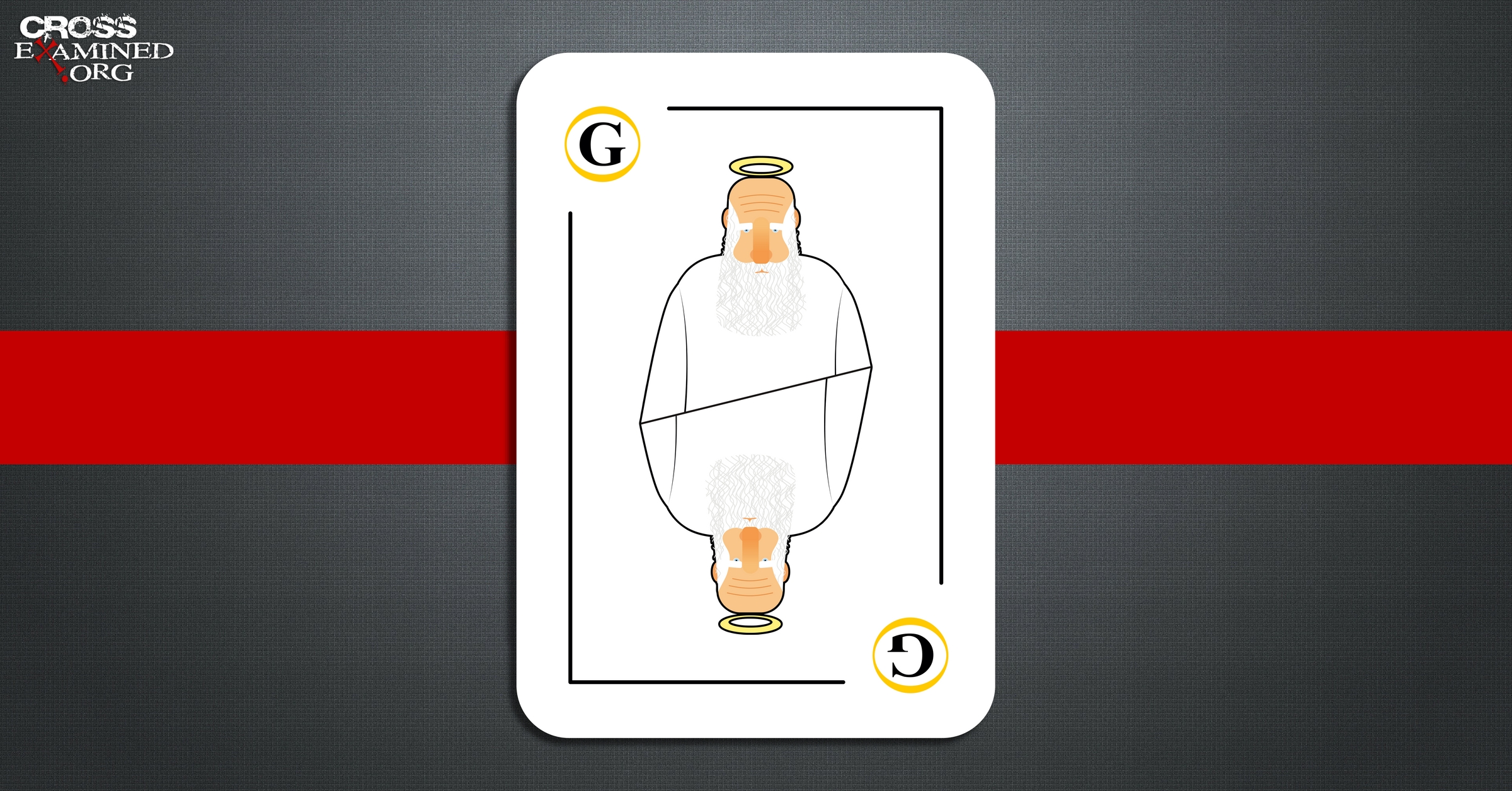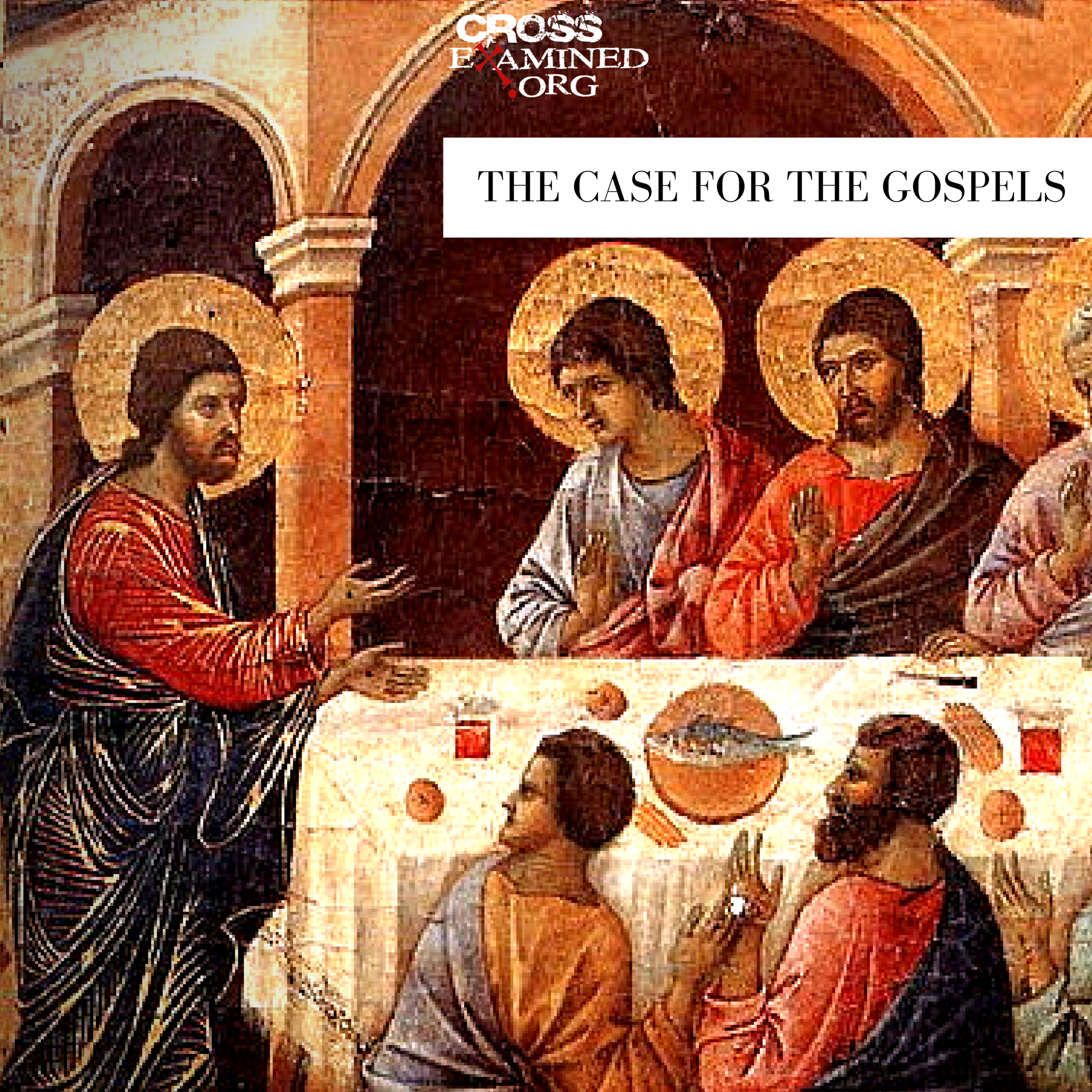Three Actions You Can Take to Address Emotional Doubt
By Jeremy Linn
A few weeks ago, my ministry had a Livestream discussion on the topic of doubt. I thought it would be a great idea to pull in the principles that came from the discussion into a short, sharable source. To explain the principles we covered, I’m going to bring in my own struggle with doubt, and trace through the principles to see how they can help my own struggle with doubt.
My doubt is the following: When I get close to death, I’m not sure if I will really be confident that God is real and that heaven exists.
The first thing to filter this doubt through is the question – Does this doubt have a primarily intellectual nature or an emotional nature? Identifying the nature of the doubt, you are going through will allow you to understand what steps may help to address the doubt.
An intellectual doubt involves an objection or argument that causes you to question if what you currently believe is true. An emotional doubt involves a current or past pain that influences your feelings as well as your thoughts about what you believe. Oftentimes, someone can experience intellectual and emotional doubt simultaneously, making it difficult to identify the primary driver of one’s doubt.
There are factors that can help with this identification, however. If a doubt pertaining to an intellectual topic persists for a long period of time, it is likely that the doubt is mostly intellectual in nature – the doubt has outlasted numerous changes in emotions.
The type of questions that arise in times of doubt can also help with identification. If a question from the doubter involves something deeply personal (like a past pain), or hits on emotional triggers like anxiety or depression, the doubter is likely experiencing at least some emotional doubt.
My personal doubt rests on the question – Will I really believe in God when I get close to death? The question hits on an emotion of anxiety – fearing that my future actions (moving towards disbelief) will look different than the actions I would prefer my future self to take (maintaining belief). Notice the question does not connect to any specific intellectual question about Christianity being true or false – it only connects to my personal future psychology. I can be confident to label this doubt as heavily emotional, even if the doubt does persist over time.
The emotional side of the doubt may not be the only side present. Underlying intellectual doubts could contribute to my thinking; I might not believe this in the future. If I identify what those intellectual areas are, I can then begin to investigate those areas. The investigation could address my intellectual doubt, and could help my emotional doubt as the intellectual conclusions I reach begins to connect to my emotions.
Along with the research of underlying intellectual areas of doubt, what else can help regarding my emotional doubt? This question leads back to the Livestream discussion I had through my ministry. My Livestream discussion partner has suffered severe doubt throughout his life, and through investigation of doubt concluded that three actions help to address emotional doubt. The actions are as follows:
- Soothe – This action involves altering the immediate thoughts that come into your head about a topic. Controlling the immediate thoughts in your head is important because the limbic system in the brain triggers an instant “fight or flight” response against fear or danger. So when fear is caused by an emotional doubt, either you respond to the fear with more emotional rigor and stress (fight) or repel from the fear (flight), which leaves the fear unresolved.
We can alter the severity of this fight or flight response through self-statements driven by the cerebral cortex in the brain. For example, when my doubt about near-death belief comes to mind, I can immediately think something like, “I don’t know what my reactions will be to future scenarios, and I have no idea how I will change up until this point of near-death”.
These thoughts help me realize that I cannot predict precisely what my thoughts will be in some future, hypothetical scenario. I don’t need to respond to my doubt through fighting or fleeing – I can accept the thought that contributes to the doubt, and continue living normally. As I consistently repeat these thoughts as the doubt arises, my brain will be progressively trained to respond calmly to doubt, rather than fearfully.
- Validate – This action involves expressing doubts to people close to you who you can trust, and receiving affirming statements from them. By affirming, I don’t mean that they need to reassure you that what you believe is true. Instead, they can affirm the feelings you are experiencing and connect with what you’re going through by sharing their own experiences. The point of this process is to attend to express your emotions outwardly so that you can receive emotional support and know you are not alone in your process.
I recently shared my doubt with a mentor figure in my life, and also shared the self-statements I described in the “Soothe” section above. He was able to affirm I was thinking correctly with the statements I was using to address my doubt. This process helped me to push against the fear that people will look down on me for having this doubt, and allowed me to see I’m not alone in the doubting process – I can indeed share my doubts with people I trust.
- Establish Structure – This action builds up an intellectual foundation that will keep you stable through times of doubt, instead of fluctuating emotionally. Emotional outbreaks are often caused by distortions in thinking – distortions like overgeneralizing (this thing is negative; therefore, everything is negative), jumping to conclusions (I’m feeling this way; therefore, this will definitely happen), and magnification (blowing up the importance of a small thought).
What can you do to avoid these distortions in thinking? You can create a symbolic grab bag of “containing statements” to reflect on consistently. Over time, the reflecting retrains the limbic system to move away from distorted thinking and towards correct thinking. This process lines up with the Apostle Paul’s instructions in Philippians 4:8 to think about what is true, right, and admirable.
I personally have not done much to work on this step in my doubting process. What would help me establish structure is memorizing passages in scripture relating to God being faithful and putting trust in God. I could also focus on the truth behind the life of Jesus and what his example tells us about life after death. By reflecting on the truth of scripture and truth behind Jesus more, it will be natural for true thoughts to come to mind in moments of doubt, rather than distortions in thinking.
The Livestream discussion opened up strategies to identify and deal with my own doubts. And I now hope this summary will spark your own thoughts for how you can deal with yours.
When it comes to doubt, we don’t need a make-or-break goal of eradicating it. We simply need to accept it and take steps to address it properly.
Recommended resources related to the topic:
Doubt by Gary Habermas (DVD)
Emotional Doubt by Gary Habermas (CD)
Counter Culture Christian: Is There Truth in Religion? (DVD) by Frank Turek
Digging for the Truth: Archaeology, Apologetics & the Bible by Ted Wright DVD and Mp4
When Reason Isn’t the Reason for Unbelief by Dr. Frank Turek DVD and Mp4
Jeremy is the co-founder of the ministry Twin Cities Apologetics and is an accountant for a law firm in Minneapolis, Minnesota. He’s also going to Bethel Seminary for a graduate degree in a program called Christian Thought (basically Apologetics!). Outside of Apologetics, Jeremy enjoys sports, playing guitar, and making videos.












Leave a Reply
Want to join the discussion?Feel free to contribute!